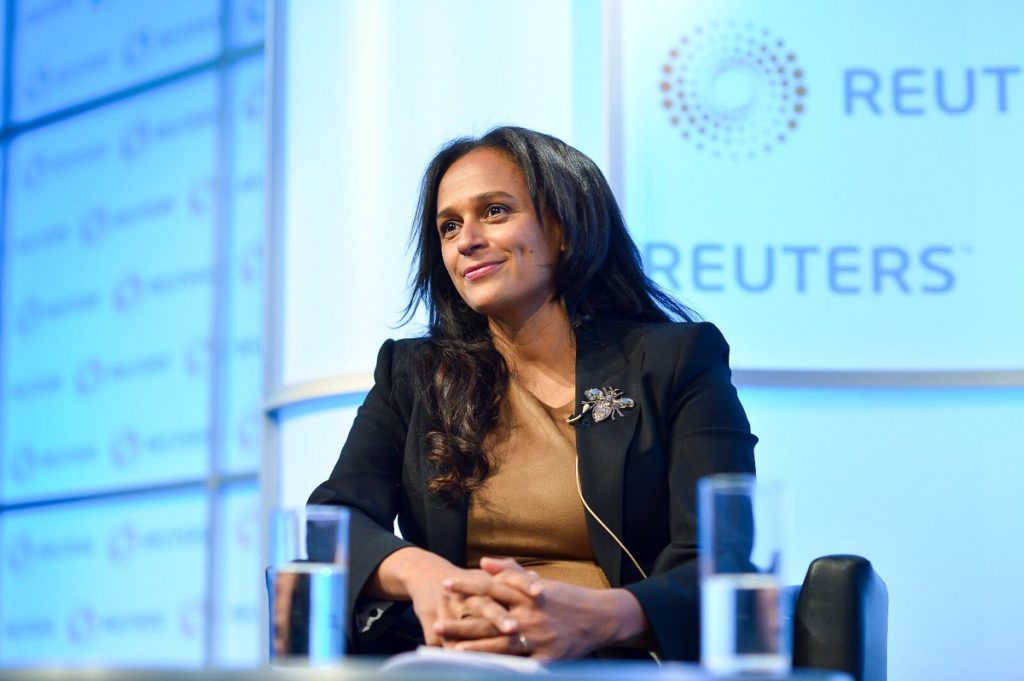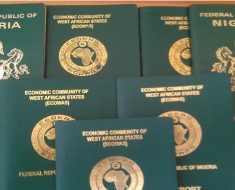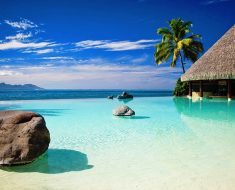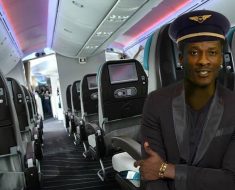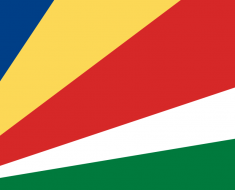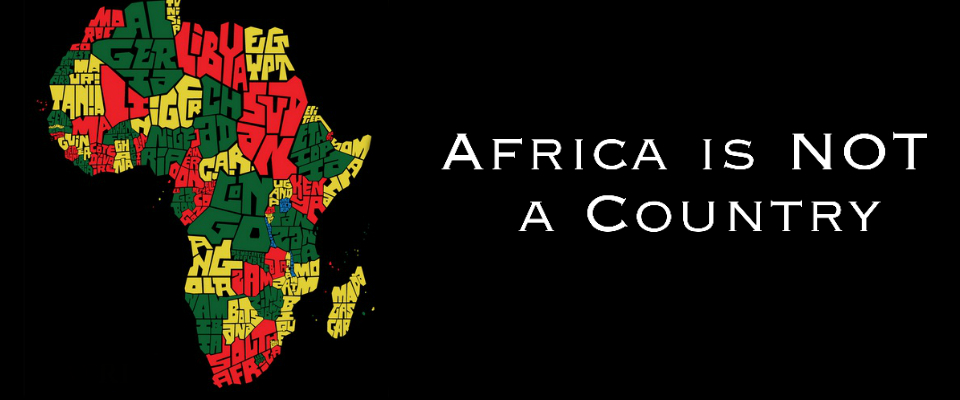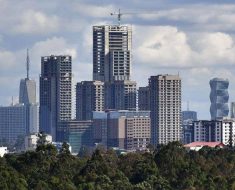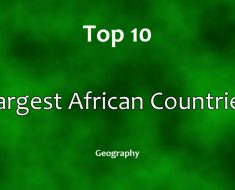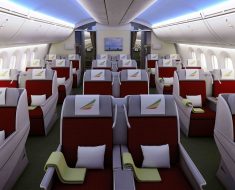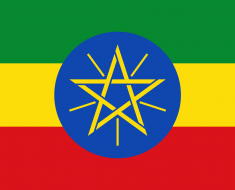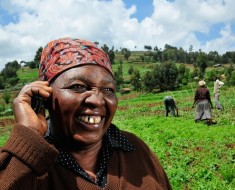Africa’s richest woman and daughter of the immediate past Angolan leader, Isabel dos Santos is the 74th most powerful woman in the world.
The 44-year-old was also the only African to have made it to Forbes magazine’s ranking of the top 100 women for this year.
Isabel who is currently head of the national oil firm, Sonangol, is believed to be worth $3.4bn as of November 2017. Her business interests are in the area of finance and investment.
FORBES research claims to have found that her dad had transferred stakes in several Angolan companies to her.
Some milestones and achievement she has achieved include:
- June 2016: She was appointed her the head of Sonangol, Angola’s state oil firm.
- Her assets in Angola include 25% of Unitel, the country’s largest mobile phone network, and 42% of a bank, Banco BIC.
- In Portugal she owns nearly 6% of oil and gas firm Galp Energia (alongside Portuguese billionaire Americo Amorim).
- She also holds nearly 19% of Banco BPI, the country’s fourth-largest bank
- She is also a controlling shareholder of Portuguese cable TV and telecom firm Nos SGPS (formerly called Zon).
see also Facts About Angola
Despite October 2015 calls by four members of the European Parliament calling for a probe into her Portuguese investments, a family spokesman fends off the allegations.
He told Forces that “Isabel dos Santos is an independent business woman and a private investor representing solely her own interests. Her investments in Angolan and/or in Portuguese companies are transparent and have been conducted through arms length’s transactions involving external entities such as reputed banks and law firms.”
Isabel was an engineering student at the King’s College, London, and after graduation, she opened a restaurant called Miami Beach at the age of 24. It was one of the first beach restaurants and night clubs in Luanda Island.
Dos Santos controls Unitel, Angola’s largest cell phone company, with 81 stores in the capital alone and over 10 million clients in the country. She owns Candando, the country’s first supermarket and has stakes in BIC and BFA banks and in the cement company Nova Cimangola. She heads Angola’s state-owned oil giant Sonangol as well as the company-sponsored football club, Petro de Luanda. The list goes on and on. She is estimated to be worth $3.2 million (2.9 million euros).
Her wedding was a multi-million affair in itself. According to reports, more than $4 million was spent on the ceremony, which included a special choir that was invited from Belgium, and a couple of planes chartered from France to bring eateries. More than 800 guests attended the wedding which included relatives, friends, and a number of African presidents too.
Other key facts about Isabel
- The source of her wealth is largely in telecoms and banking industry.
- She ranks 74th on the Forbes Power Women list.
- She occupies #630 on global billionaires list but ranks #8 in Africa.
- She is married with three children and resides in Luanda – the Angolan capital.
- Her wealth started off at $500m in 2012. It peaked to $3.7bn in November 2014. It has since the lowest it has fallen is $3bn in March 2016.
DIAMONDS: She owns luxury jewellery brand De Grisogono in Switzerland.
OTHER BUSINESS: She has a cement factory (Nova Cimangola), a hypermarket chain (Candando), and a beer and soft drink factory (Sodiba).
see also 8 Richest African Presidents and Monarchs
Check out Isabel dos Santos’ Facebook page and you might think she’s a carefree teenager rather than a tycoon running a multi-billion dollar business empire. There she is in a striped T-shirt posing for a seaside selfie. There’s dos Santos on a plane, at the gym, complaining about a long day in the office with a row of sad-face emojis.
Switch to Twitter and the shots of dos Santos alongside men in suits give a more complete picture of how she spends her time. They show her discussing Brexit with the former head of Britain’s Conservative Party; lunching with the boss of BP; in talks with the chairman of China Development Bank. One tweet complains about unfair coverage in the Portuguese press.
To her fans, she’s a talented role model, an engineer who battled to the top of a male-dominated world, cutting a glamorous figure in Lisbon, on the arm of her Congolese husband Sindika Dokolo, a major patron of Africa’s hip contemporary art scene. She speaks seven languages, including Russian, the native tongue of her chess-champion mother who met the future Angolan president when he was studying petroleum engineering in the Soviet Union. Her English was perfected as a student at London’s exclusive St. Paul’s Girls’ School and Kings College.
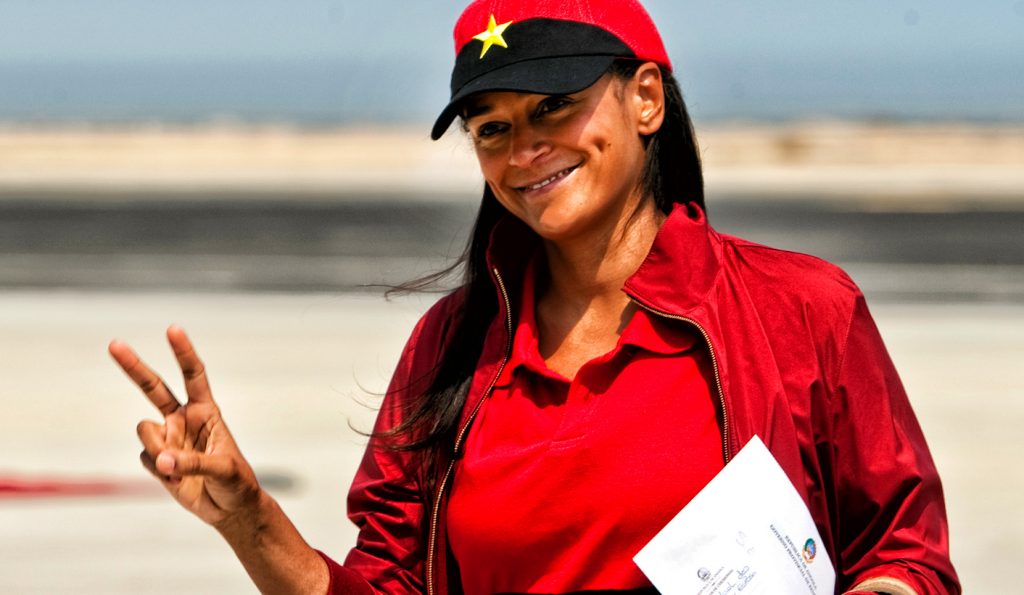
In the past 20 years Isabel dos Santos has held management positions in a number of companies listed on European stock exchanges. Isabel dos Santos returned from London in the early 1990s to join her father in Luanda and started working as a project manager engineer for Urbana 2000, a subsidiary of Jembas Group, that had won a contract to clean and disinfect the city. Following that, she set up a trucking business. The widespread use of walkie-talkie technology paved the way for her subsequent foray into telecoms. In 1997, she started her first business, opening the Miami Beach Club, one of the first night clubs and beach restaurants on the Luanda Island. Over a period of nearly 20 years she expanded her business interests, leading to the creation of several holdings, in Angola and mostly abroad, making substantial investments in high-profile entreprises, especially in Portugal. In June 2016, she was appointed by President dos Santos as chairwoman of Sonangol, the Angolan state oil company. The controversial appointment in the wake of similar appointments of children of the president to key posts led to speculation in the Angolan media in March 2017 that Isabel dos Santos would leave Sonangol, which proved to be unfounded.
Investments in Angola
With 51% control of Condis, Isabel dos Santos signed a joint partnership with the Portuguese Sonae group in April 2011 for the development and operation of a retail trading company in Angola. The entry in Angola by the Portuguese group led by Paulo de Azevedo will be performed by the Continente (Angola), which will open the first supermarket by 2013 in Angola.
Focus on telecommunications
The starting point was the creation of Unitel in partnership with Portugal Telecom, after a tender process she considered fair. Also through Unitel International Holding, a platform for Unitel investments where Portugal Telecom has no presence, she acquired the mobile operator T+, in Cape Verde and gained the license for the establishment of the second telecom operator in São Tomé and Príncipe. Under this investment Isabel dos Santos announced during a visit to São Tomé and Príncipe that Unitel will invest in education in the country to train engineers, managers and other technicians and also focus on job creation.
By 2015, Isabel dos Santos owned a share of satellite-TV operator ZAP, that had in December 2013 acquired the rights to distribute Forbes in a number of Portuguese speaking countries, namely Portugal, Angola and Mozambique. It had been announced that most of the content would be produced by a local team, complemented by content for the North American edition, therefore potentially allowing influence on Forbes content. It was initially planned that the first edition of the Portuguese language Forbes would be published during the second quarter of 2014.
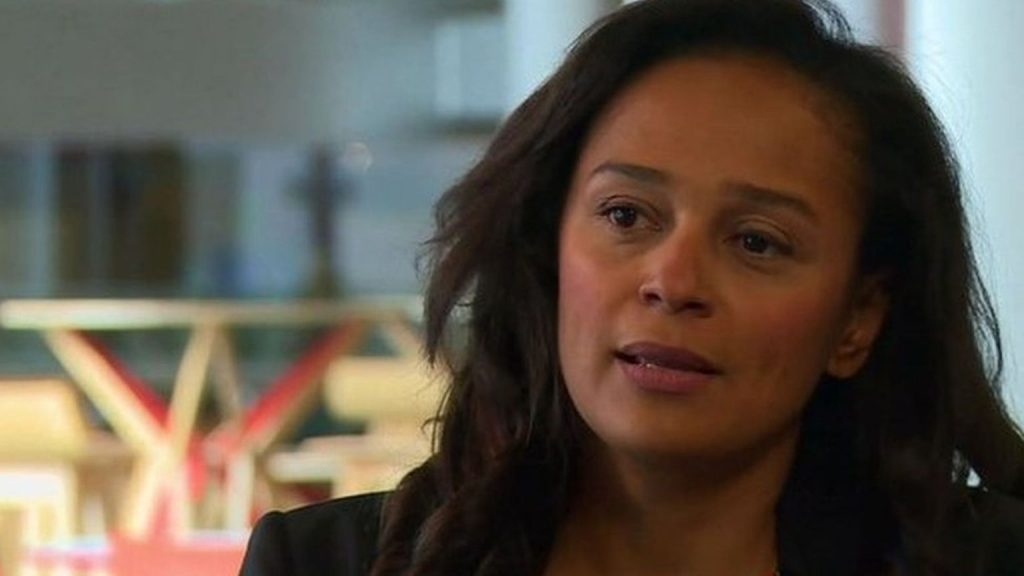
Holdings
Holdings of Isabel dos Santos in the recent years:
Trans Africa Investment Services, a Gibraltar based vehicle founded together with her mother for the diamond business
Unitel International Holdings B.V.: change of name of Kento and Jadeium, based in Amsterdam, company-vehicle for Isabel dos Santos’ investment in telecommunications
Santoro Finance: company-vehicle for Isabel dos Santos’ investment in Banco BPI based in Lisbon
Esperaza Holding B.V.: based in Amsterdam, energy, oil etc.
Condis: a retail business based in Luanda
see also 31 Interesting facts about Africa
Forbes 100 women: Top 10 ranking
According to the ranking that was published recently, the German chancellor Angela Merkel was ranked the most powerful woman. She is followed by the British Prime Minister, Theresa May in second place.
Third, fourth and fifth places were occupied by Melinda Gates (of Bill and Melinda Gates foundation), Sheryl Sandberg (U.S. tech executive) and Mary Teresa Barry (CEO, General Motors) respectively.
The sixth to tenth slot is as follows: Susuan Wojcicki, Abigail Johnson, Christine Lagarde, Anna Patricia Botin and Ginni Rometty.
Other prominent women and their respective positions on the ranking are as follows. Federica Mogherini of the E.U. (17th), Ivanka Trump daughter of U.S. president (19th), Oprah Winfrey (21st), Judges of the U.S. Supreme Court (24th).
Queen Elizabeth II (26th), Myanmar leader Aung San Suu Kyi (33rd), UAE’s Shekiha Lubna Al-Qasim (36th), U.S. envoy to the U.N., Nikki Haley (43rd), Beyonce Knowles (50th), Hillary Clinton (65th) and Priscilla Chan Zuckerburg – wife of Facebook CEO (69th).
